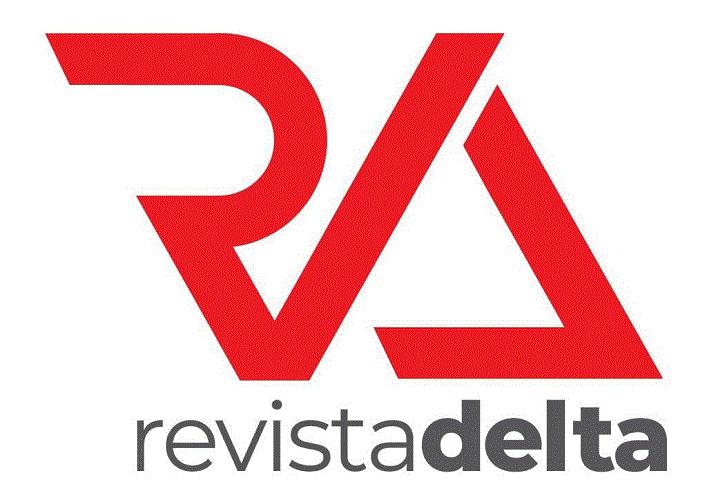ABSTRACT
Taking into account the 2030 Agenda for Sustainable Development, from the UN, this article addresses the construction of artistic contexts where students, teachers, principals, coordinators, sign language interpreters, artists, and researchers work together with the Sustainable Development Goal 10 - Reduce inequality within and among countries, in a Project entitled Digitmed Program. This project gathers deaf and hearing, migrants and Brazilian participants from very poor and wealthy communities in discussions about the development of interdisciplinary curriculums, which aim at de-encapsulation of ideas, contents, roles, perspectives, grades, languages spoken, economic background, among others. In this article, the involvement of deaf and hearing participants in the interdisciplinary work with poems as a form of art for resistance will be described. The potential of translanguaging is analysed as a revolutionary possibility for tackling inequality and marginalisation.
Keywords:
Translanguaging; decolonization; interactions; inequalities

 Thumbnail
Thumbnail
 Thumbnail
Thumbnail
 Thumbnail
Thumbnail
 Thumbnail
Thumbnail
 Thumbnail
Thumbnail
 Thumbnail
Thumbnail
 Thumbnail
Thumbnail
 Thumbnail
Thumbnail







